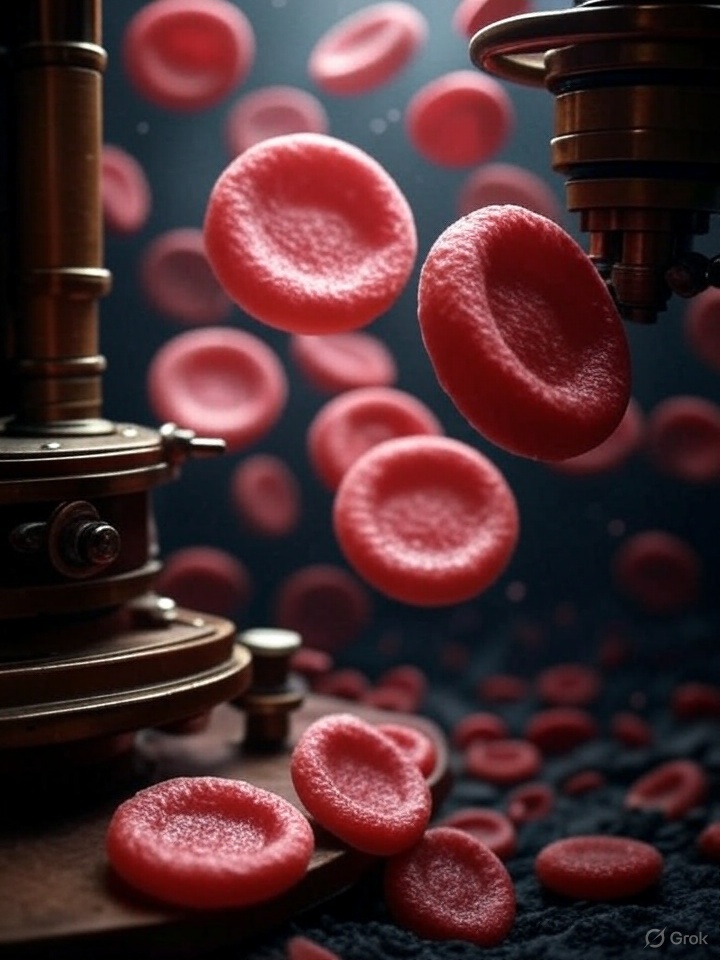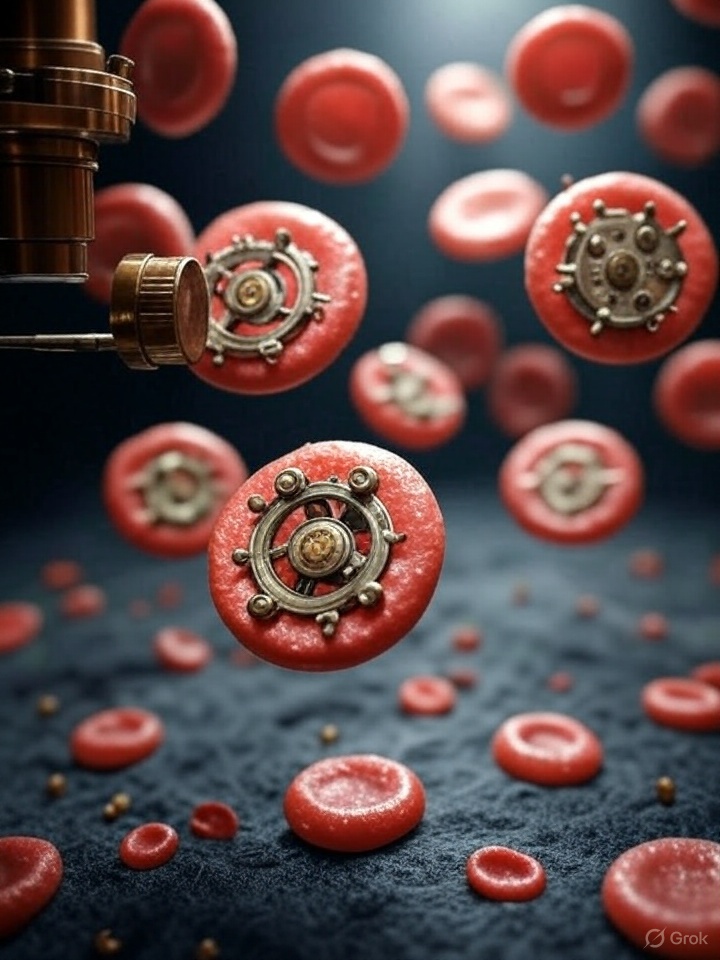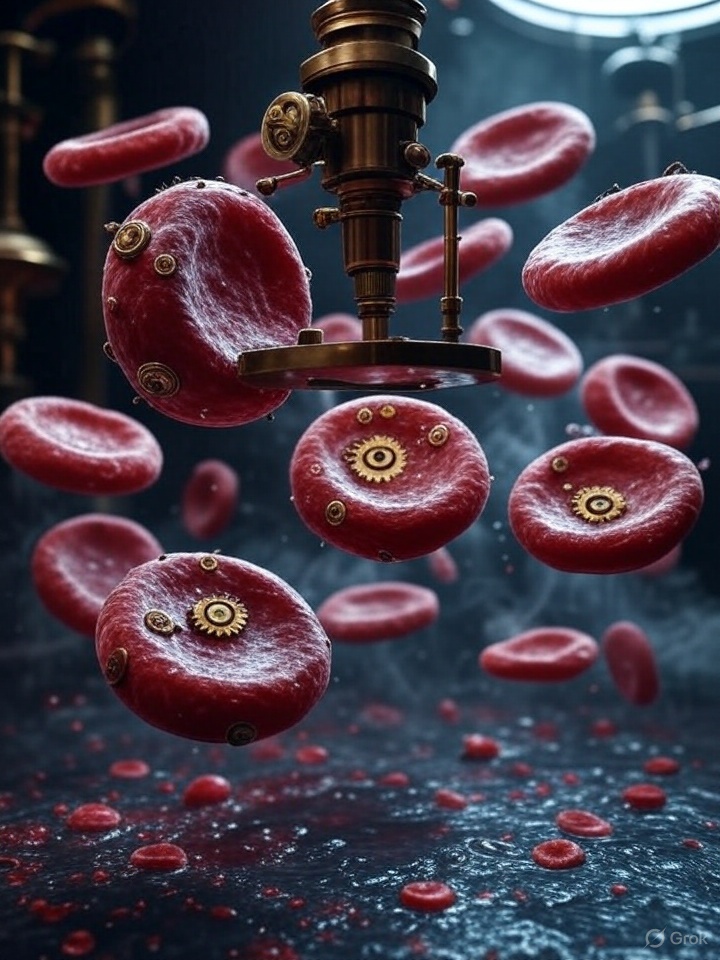In a groundbreaking advancement for medical science, researchers have developed an AI-powered test capable of detecting cancer up to three years before the first symptoms emerge.
This revolutionary technology analyzes the DNA of white blood cells, leveraging artificial intelligence to identify subtle traces of malignant processes long before traditional diagnostics can. Unveiled on June 19, 2025, this innovation promises to transform early cancer detection and treatment.
Seeing the Unseen: AI Outsmarts Traditional Medicine
 The new test, developed by a team of international scientists, uses a neural network to scrutinize genetic markers in white blood cells that hint at the presence of cancer.
The new test, developed by a team of international scientists, uses a neural network to scrutinize genetic markers in white blood cells that hint at the presence of cancer.
Unlike conventional methods that rely on physical symptoms or imaging, this AI can spot abnormalities at a molecular level — changes that are invisible even to the most experienced doctors. By catching these early signals, the technology offers a critical window for intervention, potentially halting the disease before it progresses to a dangerous stage.
The process involves extracting DNA samples and feeding them into an AI model trained on vast datasets of cancerous and healthy genetic profiles. The algorithm identifies patterns linked to malignant transformations, providing results with unprecedented accuracy.
Early trials, detailed in a recent study published in Nature Medicine, show the test successfully predicted cancer in 87% of cases up to three years prior to symptom onset, covering a range of cancers including lung, breast, and colorectal.
A Step Ahead of Disease
 This breakthrough moves cancer detection from a reactive to a proactive approach. Traditional screening methods often detect cancer only after it has begun to manifest, limiting treatment options and reducing survival rates. With this AI tool, patients could start therapy at a pre-symptomatic stage, dramatically improving outcomes.
This breakthrough moves cancer detection from a reactive to a proactive approach. Traditional screening methods often detect cancer only after it has begun to manifest, limiting treatment options and reducing survival rates. With this AI tool, patients could start therapy at a pre-symptomatic stage, dramatically improving outcomes.
Experts estimate that early intervention could increase five-year survival rates by as much as 30% across multiple cancer types.
The technology’s implications are profound. It could reduce the global burden of cancer, which claims over 10 million lives annually, according to the World Health Organization.
Moreover, it aligns with the growing integration of AI in healthcare, where machine learning is already enhancing diagnostics for conditions like diabetes and heart disease. Posts on X have hailed it as “a game-changer,” with some users joking that AI might soon replace stethoscopes entirely.
From Science Fiction to Reality
 While it may sound like something out of a sci-fi novel, this AI-driven test is already a reality, with plans for clinical trials expanding in 2026. The research team, led by institutions including the Broad Institute and the University of Cambridge, is refining the algorithm and working to make it accessible worldwide.
While it may sound like something out of a sci-fi novel, this AI-driven test is already a reality, with plans for clinical trials expanding in 2026. The research team, led by institutions including the Broad Institute and the University of Cambridge, is refining the algorithm and working to make it accessible worldwide.
Challenges remain, including scaling production and ensuring affordability, but the potential to outpace cancer’s progression has ignited hope among medical professionals and patients alike.
This innovation marks a significant leap forward, positioning AI as a powerful ally in the fight against one of humanity’s deadliest diseases. As one scientist noted, “We’re not just detecting cancer — we’re staying one step ahead of it.” With further development, this technology could redefine how we approach cancer prevention and treatment in the decades to come.
Also read:
- Careful about Health, your DNA can change if you are Doing late Night Work
- Entrepreneurial DNA: do you have it? The 29 skills, capabilities and practices you need
- The Adobe Acrobat Killer: Stirling PDF Now Open Source
Sources:
- Nature Medicine (June 2025)
- World Health Organization
- Broad Institute Press Release
Posts on X






